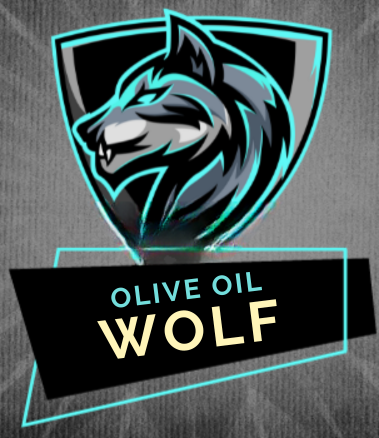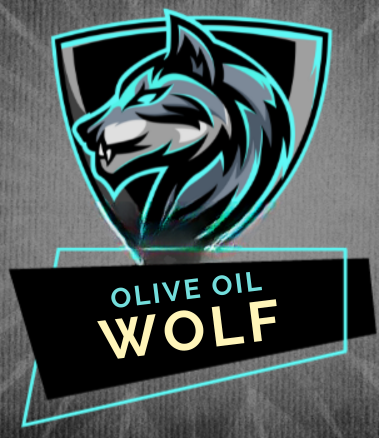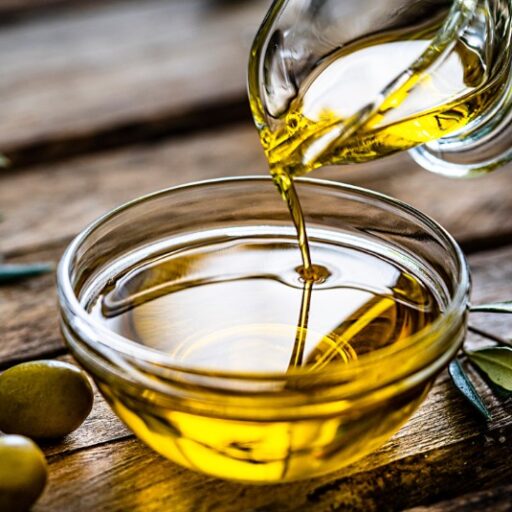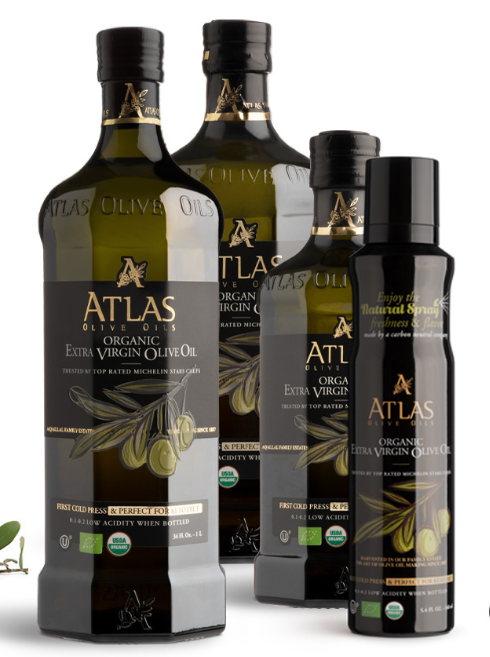Few things compare to the golden elixir that is extra virgin olive oil (EVOO). Its rich, robust flavor and many health benefits have made it a staple in kitchens around the globe.
Morocco, a country known for its diverse landscapes and vibrant culture, is also home to some of the finest extra virgin olive oils, particularly those loaded with polyphenols.
Polyphenols, often referred to as nature’s antioxidants, are organic compounds found in plants. In the case of extra virgin olive oil, these polyphenols not only contribute to its distinctive taste but also offer a plethora of health benefits. They possess anti-inflammatory and antioxidant properties, making them an essential component of a balanced and healthy diet.
The Moroccan EVOO, Rich in Polyphenols
Moroccan extra virgin olive oil stands out among its peers due to its exceptionally high polyphenol content. Polyphenols are abundant in olives, especially when they are harvested at the peak of ripeness. Moroccan olive groves, blessed with the perfect climate and soil conditions, yield olives that are brimming with these healthy compounds.
Polyphenols are responsible for the peppery, slightly bitter taste found in high-quality EVOO. While some may find these flavors intense, they are a hallmark of genuine, unadulterated olive oil.
When shopping for olive oil, especially one with high polyphenol content, embracing the boldness of these flavors can lead to a truly enriching culinary experience.
Quality Symbols and Lab Certifications
In a market flooded with options, identifying authentic Moroccan extra virgin olive oil with high polyphenol content can be a daunting task. One reliable way to ensure the quality of your olive oil is to look for specific symbols and certifications.
These stamps act as a guarantee of authenticity and quality, providing consumers with confidence in their purchase. If the date of harvest or certifications are missing, you are left guessing about the authenticity of the product. Don’t buy that product.
High quality extra virgin olive oils usually come from one source or estate. Those brands will usually have a long and rich history of many generations. They proudly show the details, ingredients, awards, certifications and date of harvest.
Organic Certifications: Organic extra virgin olive oils are produced without the use of harmful pesticides or synthetic fertilizers. When an extra virgin olive oil bottle bears the ‘organic’ label, it indicates that the olives used were cultivated using environmentally friendly practices, resulting in a healthier product.
PDO and PGI Designations: Protected Designation of Origin (PDO) and Protected Geographical Indication (PGI) are European Union designations that certify the geographical origin and quality of agricultural products.
Extra virgin olive oils with these designations helps to guarantee that they are produced in specific regions known for their exceptional, polyphenol rich olives, and adherence to strict traditional production methods.
Third-Party Lab Certifications: Reputable extra virgin olive oil producers often subject their products to rigorous testing by independent laboratories. Certifications from these labs serve as a testament to the oil’s chemical composition, ensuring that it meets the high standards of an extra virgin olive oil. If the label lacks laboratory certifications, check the company’s website or contact them if they are not found on their site.
The main metric that you should be looking for is a polyphenol content around 500 (mg). Again, most reputable EVOO producers take pride in their products, and they will not hide certifications or lab test results. Also check acidity. An acidity level of 0.8% or less is required by industry standards for an oil to be listed as extra virgin.
A Journey for the Palate
When indulging in Moroccan extra virgin olive oil, you embark on a sensory journey that explores its tasting notes. The best way to appreciate the nuances of EVOO is through a process similar to wine tasting. Pour a small amount into a glass, warm it slightly with your hands, and inhale deeply to capture its aroma. High-quality olive oils often have scents of fresh grass, green apples, or even a hint of artichoke.
Upon tasting, pay attention to its texture. Authentic extra virgin olive oil should have a smooth, velvety feel on the tongue. The flavors can range from grassy and herbal to slightly bitter and peppery, indicating the presence of those precious polyphenols. This peppery sensation, often felt at the back of the throat is a sign of the oil’s high antioxidant content.
A high-quality extra virgin olive oil should not burn the back of your throat, upset your stomach or cause heartburn. Excess bitterness can also be a sign of rancidity.
Remember to check for date of harvest (within one year preferably). Even if the date is within one year, it is not easy to track the shipments or know what care was taken to preserve the oil during transit and storage.
Moroccan EVOO in the Kitchen
Moroccan extra virgin olive oil is not just a condiment; it is a culinary marvel that can elevate dishes to new heights. Its robust flavor makes it perfect for drizzling over salads, dipping with fresh bread, or enhancing the taste of grilled vegetables. Additionally, it serves as an excellent base for marinades, dressings, and sauces, infusing dishes with its distinctive character.
Polyphenols are sensitive to heat, so to fully preserve their benefits, it’s advisable to use Moroccan extra virgin olive oil in dishes that don’t require high-temperature cooking. For high heat roasting and frying, using a slightly less expensive olive oil with a lower polyphenol content is a practical choice, reserving the rich Moroccan EVOO for finishing touches or drinking daily.
The common recommendation for drinking EVOO straight is two to four tablespoons a day. You will want a flavorful, mild tasting, oil that has a high polyphenol content, and almost no bitterness.
Those properties are not always available together in high quality EVOO, however, I have found my personal preference to be Atlas from Morocco.
It’s silky-smooth texture, low acidity (<.2%), mild flavor and tradition of high polyphenol content makes it a good choice to drink daily. Sometimes I look at my bottle and want to drink more, but restraint and moderation are key to reap the health benefits.
The Bottom Line
Incorporating polyphenol rich Moroccan extra virgin olive oil into your diet isn’t just a culinary indulgence, it’s a step towards a healthier lifestyle. Its antioxidant properties can help combat oxidative stress in the body, potentially lowering the risk of chronic diseases. The rich complex flavors can transform ordinary meals into extraordinary culinary experiences.
Embrace the bold flavors, experiment with its culinary versatility, and savor the richness of a product that encapsulates the essence of Morocco’s fertile arid lands and centuries-old olive oil tradition.
Make sure to consult a licensed healthcare professional before making any changes to your diet.
Please feel free to leave comments, questions or suggestions below.
Tom – Olive Oil Lover




